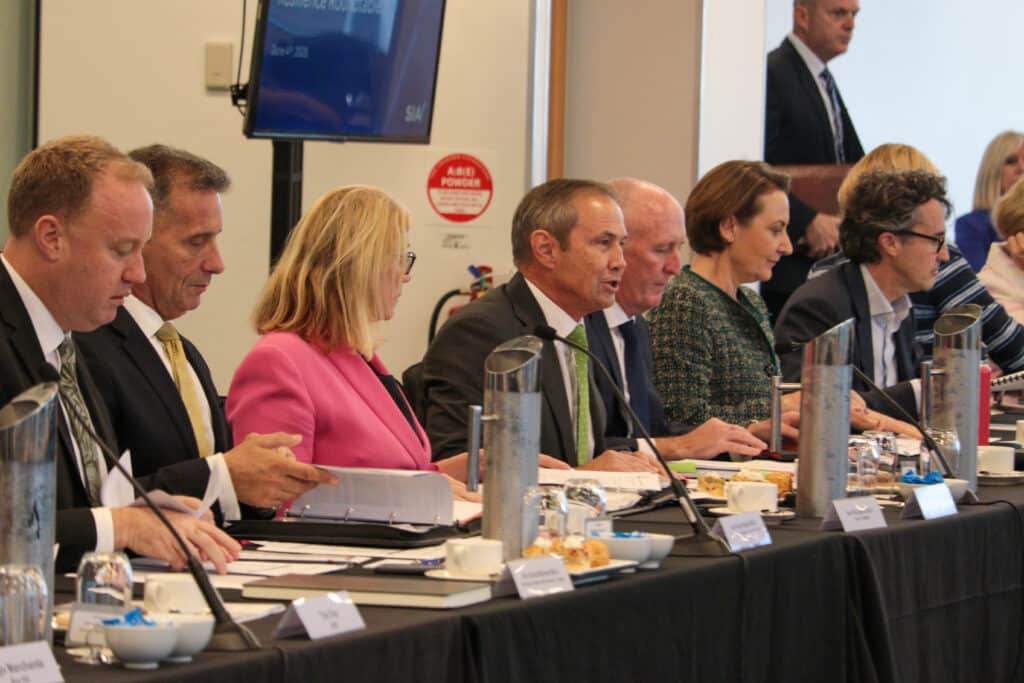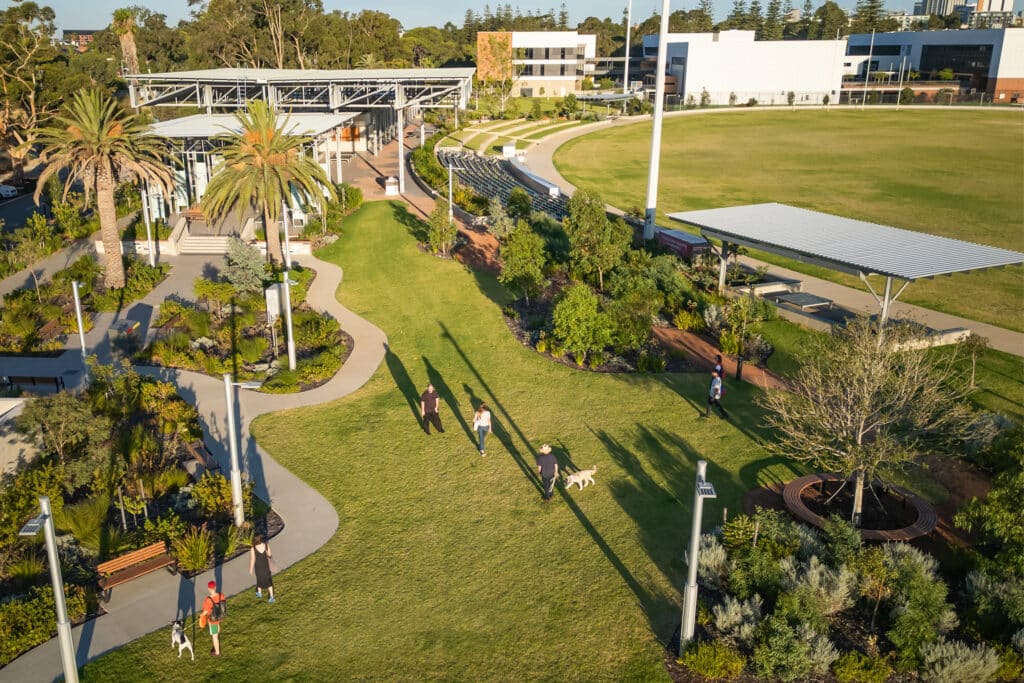The national minimum wage will increase by 3.5% from July 1 following a decision by the Fair Work Commission today.
The increase, which brings the minimum wage to $948 a week or $24.95 an hour, also flows through to award agreements where about 20.7% of the Australian workforce (2.6 million workers) are paid the minimum rate. 
In its annual review decision, the FWC said its principal consideration in its decision was that since July 2021 employees who were reliant on modern award minimum wages or the national minimum wage had suffered a reduction in the real value of their wage rates.
It said this was the result of the spike in inflation over 2021-22, which was now over. Inflation is currently 2.4% annually – within the Reserve Bank’s target band of 2-3%.
“We are satisfied that the level of wage increase we have determined is sustainable,” the FWC said. “The labour market remains strong overall, with continuing employment growth, low unemployment and historically high rates of participation in the workforce.”
However, it noted “Australia’s continuing poor performance in labour productivity growth has operated as a restraining factor on the size of the increase we have determined”.
The FWC noted that the modern award-reliant workforce was mostly concentrated in accommodation and food services, healthcare and social assistance, retail trade and administrative and support services.
The FWC decision comes following submissions from a range of parties, including employer groups, unions, and federal and state governments.
‘Generous decision’ above inflation
The Australian Chamber of Commerce and Industry (ACCI), which had asked for a maximum 2.5% rise, described the annual wage review decision as generous to employees and highlighted the need for a clear strategy to increase productivity.
ACCI said the increase was above inflation and came at a time when profits were contracting and business investment was falling.
“This is a generous decision for employees and it highlights the need for the government to take active policy steps to enable renewed productivity growth,” said ACCI CEO Andrew McKellar.
“The reality is that for many of the most vulnerable businesses, particularly small businesses in retail and hospitality, this increase will by very challenging to afford.”
He added: “Labour productivity has been contracting over the past 18 months and has averaged close to zero over the past five years.
“Today’s decision to lift minimum wages by 3.5 per cent is built on an assumption of future increases in productivity, but that productivity growth must be made realised.”
In other submissions, the Australian Council of Trade Unions (ACTU) had lobbied for a rise of up to 4.5%.
For more information on minimum and award rates, contact CCIWA’s Employee Relations Helpline on (08) 9365 7660 or [email protected].












